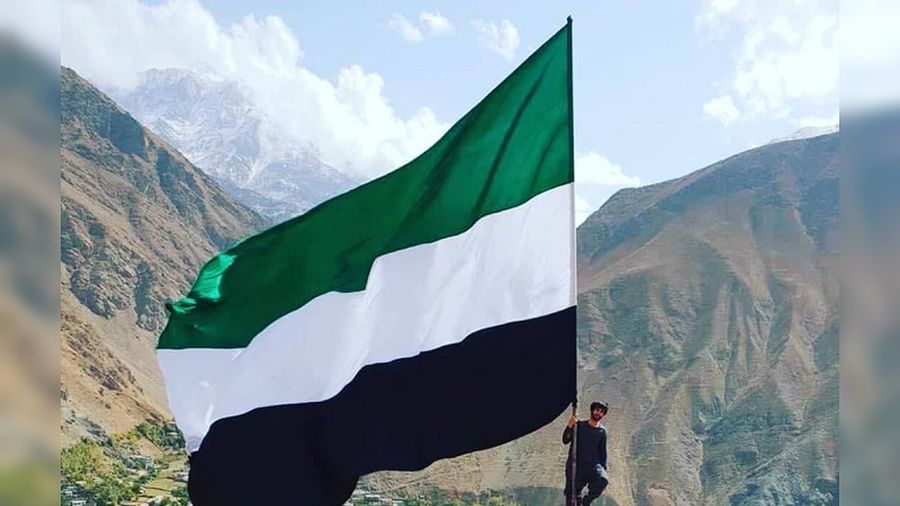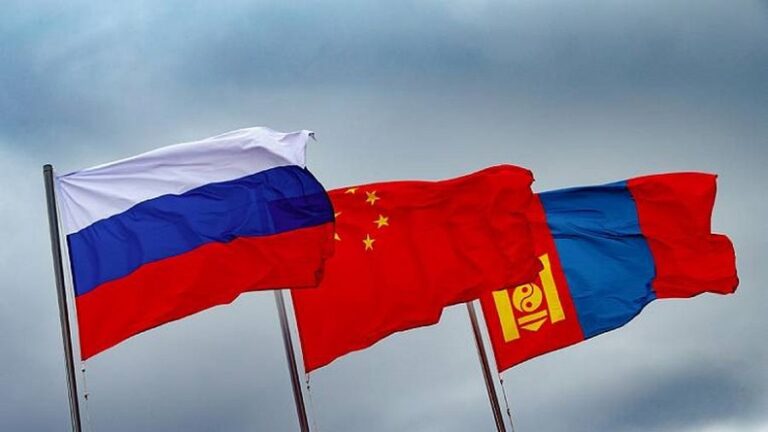Russia’s Balancing Act Is the Key to Averting Another Civil War in Afghanistan
It’s incumbent on Russia to use all realistic means at its disposal to urgently convince the “Panjshir Resistance” to negotiate with the Taliban, ensure that the Taliban offers its opponents a fair deal with respect to the inclusive government that it’s promised to create, and prevent any Tajik civilians from crossing over the border to fight for their co-ethnics (and in the process potentially provoke Taliban-Tajik clashes that could automatically involve Russia through the CSTO).
Taliban-Russia Ties
The Taliban’s lightning-fast conquest of Afghanistan has resulted in the group becoming its de facto authorities in less than half a month’s time, though it still hasn’t been formally recognized as such because it continues to be designated as a terrorist organization by the international community. Nevertheless, Russia enjoys excellent political ties with the Taliban that were forged over the past few years of the Moscow-led Afghan peace process in spite of still banning the group for the aforementioned reason.
Recalibrating Russia’s Balancing Act In Afghanistan
The Eurasian Great Power’s pragmatic stance towards them is the result of its diplomatic balancing act which saw the Kremlin pioneer a new era of relations with former rivals in recent years in an attempt to position itself as the supreme balancing force in Eurasia, which its leadership regards as their country’s geostrategic destiny this century. In particular, Russia has invested tremendous time and effort in practicing this policy towards majority-Muslim states as part of what can be described as its “Ummah Pivot”.
The rapid collapse of the US-backed Kabul government saw Russia replacing that partner with the Taliban as its de facto interlocutor for managing national affairs while the anti-government role that this group played with respect to Moscow’s balancing act there has been replaced by the so-called “Panjshir Resistance” which popped up in its eponymous valley. It considers itself to be the successor of the erstwhile “Northern Resistance” that used to enjoy Russian support during the 1990s. Unlike then, however, the Kremlin has no intentions of militarily aiding this opposition force but instead wants it to compromise with the Taliban.
Strategic Symbiosis
This observation is evidenced by Foreign Minister Sergey Lavrov announcing that he supports a political dialogue between those opposing forces, which was followed up by Russian Ambassador to Afghanistan Dmitry Zhirnov declaring that “there is no alternative to the Taliban” and elaborating on the many reasons why the “Panjshir Resistance” is doomed. Shortly thereafter, Mr. Zhirnov revealed that the Taliban asked for his assistance in reaching a political solution with that group. This development speaks to the symbiotic strategic relationship between Russia and the Taliban.
Russia expects the Taliban to function as the region’s anti-terrorist vanguard against ISIS-K while the Taliban expects Russia to facilitate a political compromise with the “Panjshir Resistance”. These outcomes would be mutually beneficial if they succeed since they’d ensure regional stability by averting another Afghan Civil War. Moscow is the only force capable of potentially convincing the “Panjshir Resistance” to reach a deal with the Taliban since the former’s members are thought to be mostly Tajiks – Afghanistan’s second-largest ethnic plurality – and therefore within Russia’s indirect “sphere of influence” by virtue of its alliance with Dushanbe.
Is The “Panjshir Resistance” The US’ “Plan C”?
Although Ahmad Massoud – the head of the “Panjshir Resistance” whose father of the same name was the legendary leader of the “Northern Resistance”known as the “Lion of Panjshir” – is close to the liberal-globalist imperialist Bernard-Henri Lévy (BHL) of Libyan War infamy and provocatively published an op-ed in the Washington Post requesting as much US military assistance as possible, it’s unlikely that anything significant will be forthcoming. Even if some was American support was received, without Russian support via Tajikistan, his movement stands no chance of succeeding but would only function as a US proxy for prolonging the war.
It’s unimportant whether some observers sympathize with Massoud’s comparatively more secular vision of Afghanistan since it’s objectively the case that his ties to BHL and direct appeal to the preferred media outlet of the US’ permanent military, intelligence, and diplomatic bureaucracies (“deep state”) confirm the counterproductive role that he’d play with respect to regional dynamics if his movement is allowed to continue. It might very well be that some neoconservative “deep state” forces regard him as their “Plan C” for Afghanistan after “Plan A” of an indefinite occupation failed just like their “Plan B” of ISIS-K did shortly after.
Strategic Dynamics
Russia has no interest in militarily supporting the “Panjshir Resistance” since it’s aware of the destabilizing role that it’s expected to play in sabotaging February’s agreement to build the Pakistan-Afghanistan-Uzbekistan (PAKAFUZ) railway that Moscow intends to utilize for expanding its economic influence to the Indian Ocean like it’s wanted to do for centuries. It’s true that the US also intends to use PAKAFUZ to expand its own economic influence northward into the Central Asian Republics, but it can indefinitely postpone that ultimate fallback plan if the “Panjshir Resistance” successfully functions as its “deep state” proxy for sabotaging Russia’s plans.
The US doesn’t even have to do all that much anyhow for the “Panjshir Resistance” to further destabilize the situation in Afghanistan. Its continued militant resistance to the Taliban (no matter how futile it may ultimately be) might be enough to provoke the country’s de facto leaders into reciprocally (if not disproportionately) responding which could then result in potentially uncontrollable grassroots furor in Tajikistan itself. The US might hope that this catalyzes a self-sustaining cycle of destabilization whereby that neighboring country’s citizens volunteer to fight for their co-ethnics in Afghanistan and thus provoke border clashes with the Taliban.
The Worst-Case Scenario
Russia would have no choice but to protect its CSTO mutual defense ally’s borders in order to “save face” before the world and not be seen as abandoning the country that it previously swore to protect in such a scenario regardless of whoever really provoked it. That could then immediately ruin Moscow’s pragmatic political ties with the Taliban, thus sabotaging the Eurasian Great Power’s diplomatic balancing act and consequently creating a dangerous situation whereby the group no longer has any significant external incentive to behave responsibly like the international community expects.
If the Taliban returns to its old ways by inertia due to another round of civil war, it’ll remain isolated and the US will therefore succeed in indefinitely postponing seemingly inevitable Eurasian multipolar integration processes such as PAKAFUZ as well as the expansion of Beijing’s Belt & Road Initiative (BRI) into Afghanistan. Put another way, all that the US has to do is indirectly shape the preexisting conflict dynamics in Afghanistan in such a way as to prevent the “Panjshir Resistance’s” collapse long enough to inspire Tajik citizens to volunteer to fight for their co-ethnics there in order to possibly set into motion this self-sustaining Hybrid War scheme as its “Plan C”.
Concluding Thoughts
It’s for this reason why it’s incumbent on Russia to use all realistic means at its disposal to urgently convince the “Panjshir Resistance” to negotiate with the Taliban, ensure that the Taliban offers its opponents a fair deal with respect to the inclusive government that it’s promised to create, and prevent any Tajik civilians from crossing over the border to fight for their co-ethnics (and in the process potentially provoke Taliban-Tajik clashes that could automatically involve Russia through the CSTO). The outcome of Russia’s efforts will shape the future of the broader region for years to come, which is why all responsible stakeholders sincerely hope that it succeeds.







